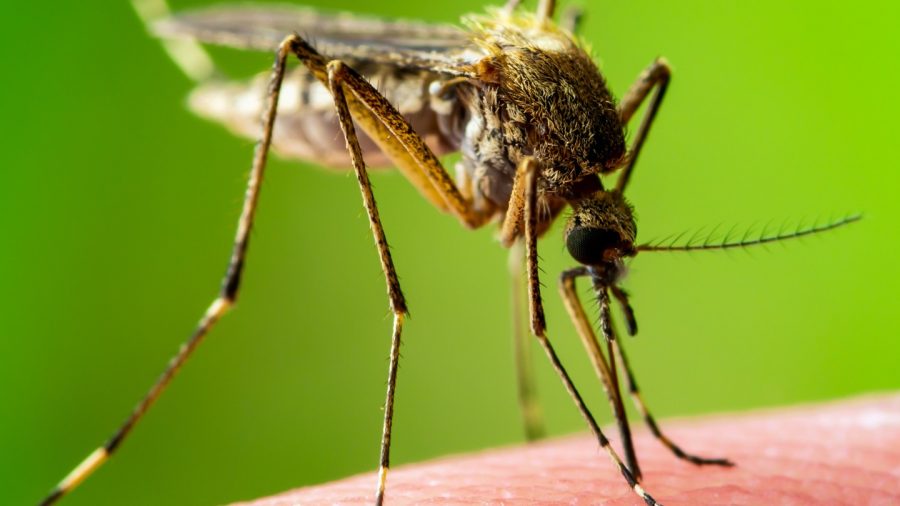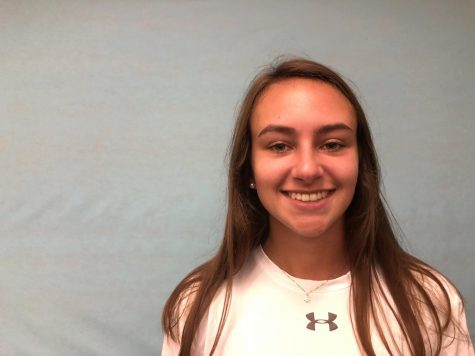EEE Takeover
December 16, 2019
How would you feel if your town was taken over by mosquitoes? When a deadly disease is running rampant through the state, emotions are high and people are living on edge. The recent outbreak of Eastern Equine Encephalitis (EEE) in the Massachusetts area is affecting everyone, from farmers and equestrians to sports teams and spectators. But what is EEE? EEE is a virus that is carried in birds, and when the mosquitoes bite the birds, they become infected with EEE. EEE is most commonly found in mosquitoes near freshwater and swamps.
EEE is very rare, but outbreaks of it happen every 10-20 years in Massachusetts and they tend to last 2-3 years. The last outbreak from 2010-2012 left nine infected and four dead. It seems that 2019 is the beginning of another outbreak. This year, in the past four months, there have been twelve cases of EEE in Massachusetts and four confirmed fatalities. This disease has no cure. leaving many of those who get infected dead. Thankfully, no one in Ipswich has contracted EEE. However, on September 18th, the risk levels of EEE went from moderate to high. This meant big changes for the town, leaving many feeling scared and confused.
Most greatly affected are the sports teams at Ipswich High School. Senior field hockey captain Heather Milano says, “Our team used to always have the latest practice slot time from 6-8 pm. Because of the EEE curfew now, we’re forced to practice on grass more often, share the turf with other sports, and have all of our night games pushed up.” Having these altered practice time affects other activities students participate in after school such as certain music groups, club sports, and tutoring because their sports schedules are unpredictable. It is also detrimental to all sports because they get less time on the beloved turf causing them to have to get transportation to alternative locations and lose a “home field advantage”. The loss of the home-field advantage is because teams play differently on turf and grass. If the teams practice on grass, but play games on turf, their playing style will be altered.
Another issue was the daunting idea of no senior night. Many sports had their senior nights scheduled for October, but the second the curfew was set, those plans had to change. All seniors were left hoping for a frost that would kill the mosquitoes that threatened their special night. Milano says, “It is very disappointing that we can’t have night games this season, especially with it being my senior year. I have always looked forward to games under the lights on the turf and unfortunately, the latest game we could have this season ended up being 4:30.” Every fall sport with the exception of volleyball had to have a “senior afternoon.” This was pretty devastating to the seniors because for four years they looked forward to the game under the lights all about them. All athletes know the special feeling that playing under the lights brings out, and the Class of 2020 was not able to experience that in their fall sports season.
A final conflict that is often disregarded by athletes is scheduling. Athletic Director Tom Gallagher experiences this first hand. Mr. Gallagher says, “Games and bus times are all arranged well in advance, so when something like the EEE ban takes place it’s challenging. There’s currently a bus driver shortage everywhere, so some of the changes the town had to make were tough to deal with at times. It’s also tough to get officials, too.” Thankfully, throughout the season, Mr. Gallagher was able to battle these shortages working together with other ADs in the area.
The mosquitoes infected by EEE heavily affected sports at the Ipswich High School this fall. The senior class ended up pretty sad about not having a senior night, and Mr. Gallagher faced a few scheduling issues. Thankfully, no one in Ipswich was infected with the deadly disease and hopefully, the future classes of IHS do not have to face this detrimental public health concern.


